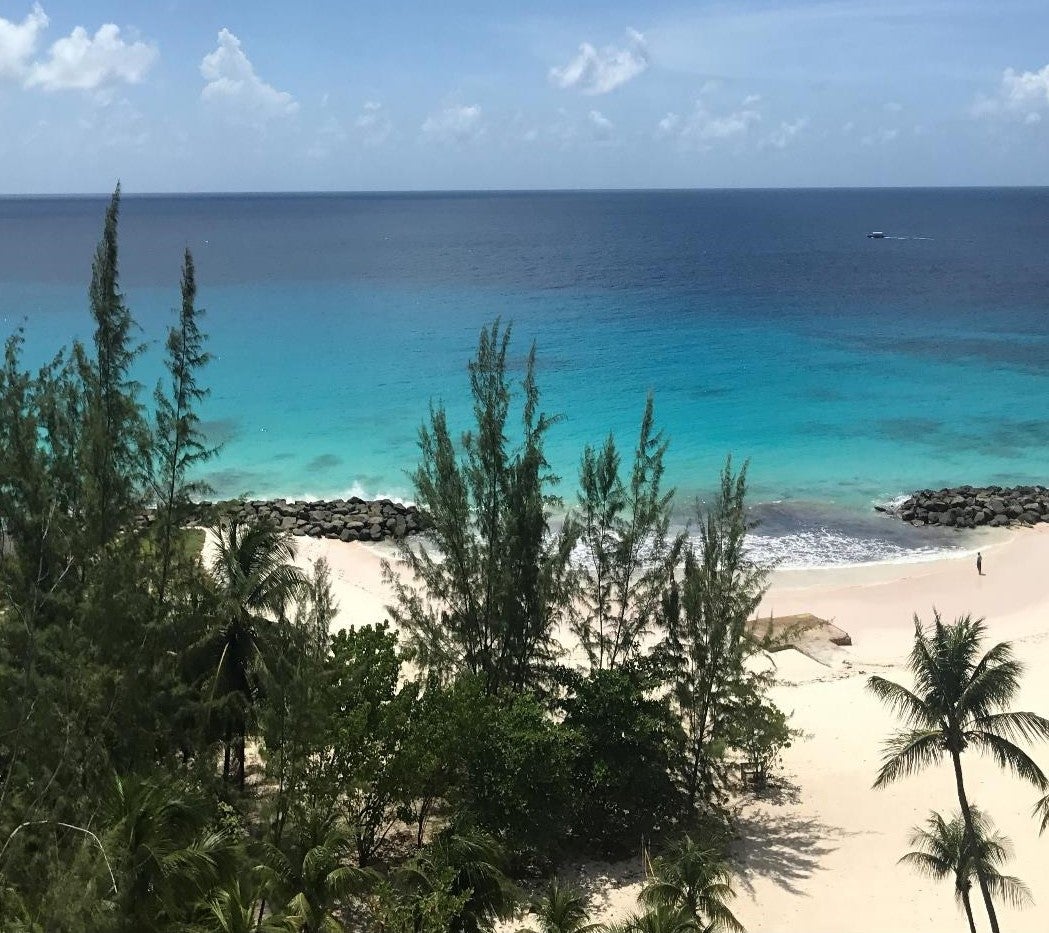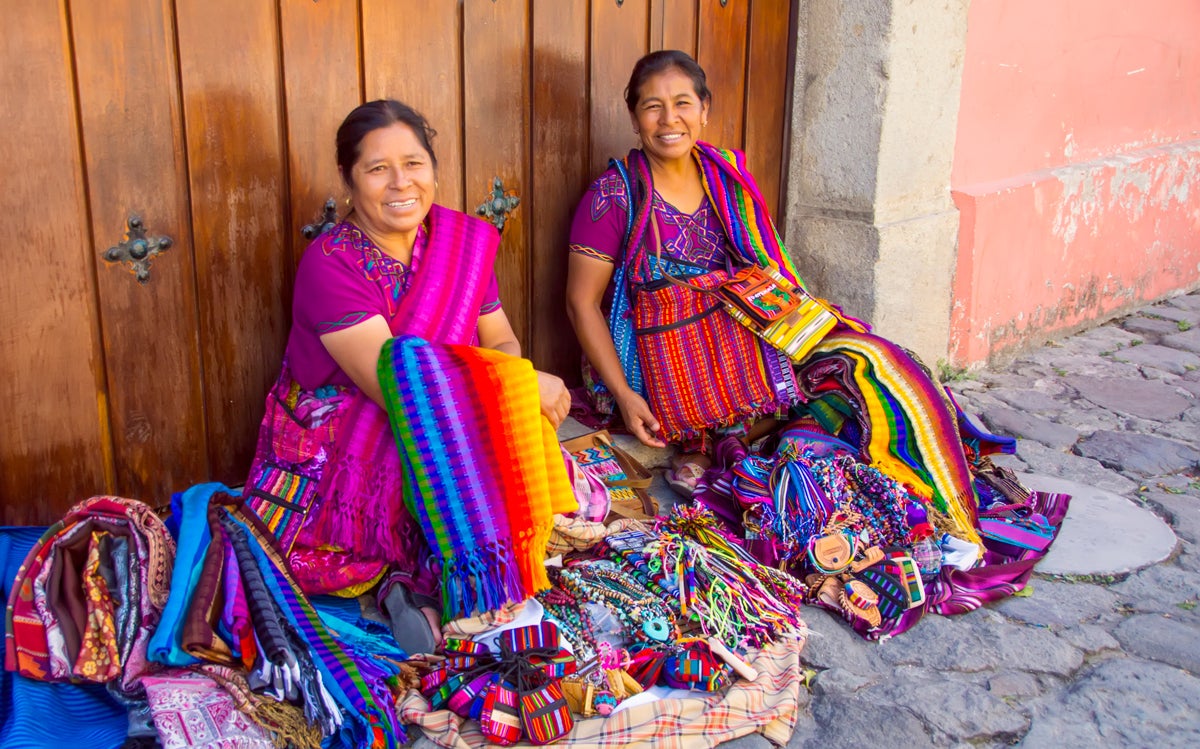At the beginning of a project, we ask ourselves how it will improve the lives of beneficiaries. When these beneficiaries will be Indigenous Peoples, we also ask ourselves how development benefits and opportunities should be promoted in a culturally appropriate manner. This is precisely one of the objectives of the Environmental and Social Performance Standard on Indigenous … [Read more...] about What does our new Environmental and Social Policy Framework entail for a project with Indigenous Peoples?
How climate science is guiding Suriname’s policy planning
Suriname is undoubtedly one fascinating country as it is multicultural, multi-lingual, and even multi-gastronomic – which presents some exciting decision-making when it comes to food. But despite these assets, the country is also highly vulnerable, especially to the impacts of climate change and natural … [Read more...] about How climate science is guiding Suriname’s policy planning
Why Caribbean countries should not consider pausing climate-resilient public investments during the pandemic
The “debt and death” ailment is well-known to vulnerable Caribbean island states. Intensifying cycles of acute damage and loss from recurrent climate disaster-driven events are increasingly observed. This scenario is often accompanied by a net cumulative increase in sovereign debt, in part to finance resilient recovery and reconstruction, periodically punctuated by … [Read more...] about Why Caribbean countries should not consider pausing climate-resilient public investments during the pandemic
5 things we learned from the road to a sustainable recovery from COVID-19
The COVID-19 pandemic has profoundly impacted all aspects of our lives. It has changed our traditional way of doing things and has presented us with unusual challenges that we have had to overcome with creativity, innovation and resilience. The Latin American and Caribbean region has been disproportionately affected. In terms of deaths, with only 8% of the world’s population, … [Read more...] about 5 things we learned from the road to a sustainable recovery from COVID-19
Latin American and Caribbean forests in the 2020s: Four teams of experts weigh in
Forests are the crown jewels of Latin America and the Caribbean’s (LAC’s) ecological endowment. The region boasts roughly half of the world’s tropical forests and a quarter of its mangroves. But LAC forests face extraordinary challenges in the 2020s. They are being cleared and degraded at an alarming rate. Climate change is altering forest functioning, plant growth, and tree … [Read more...] about Latin American and Caribbean forests in the 2020s: Four teams of experts weigh in





